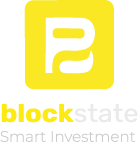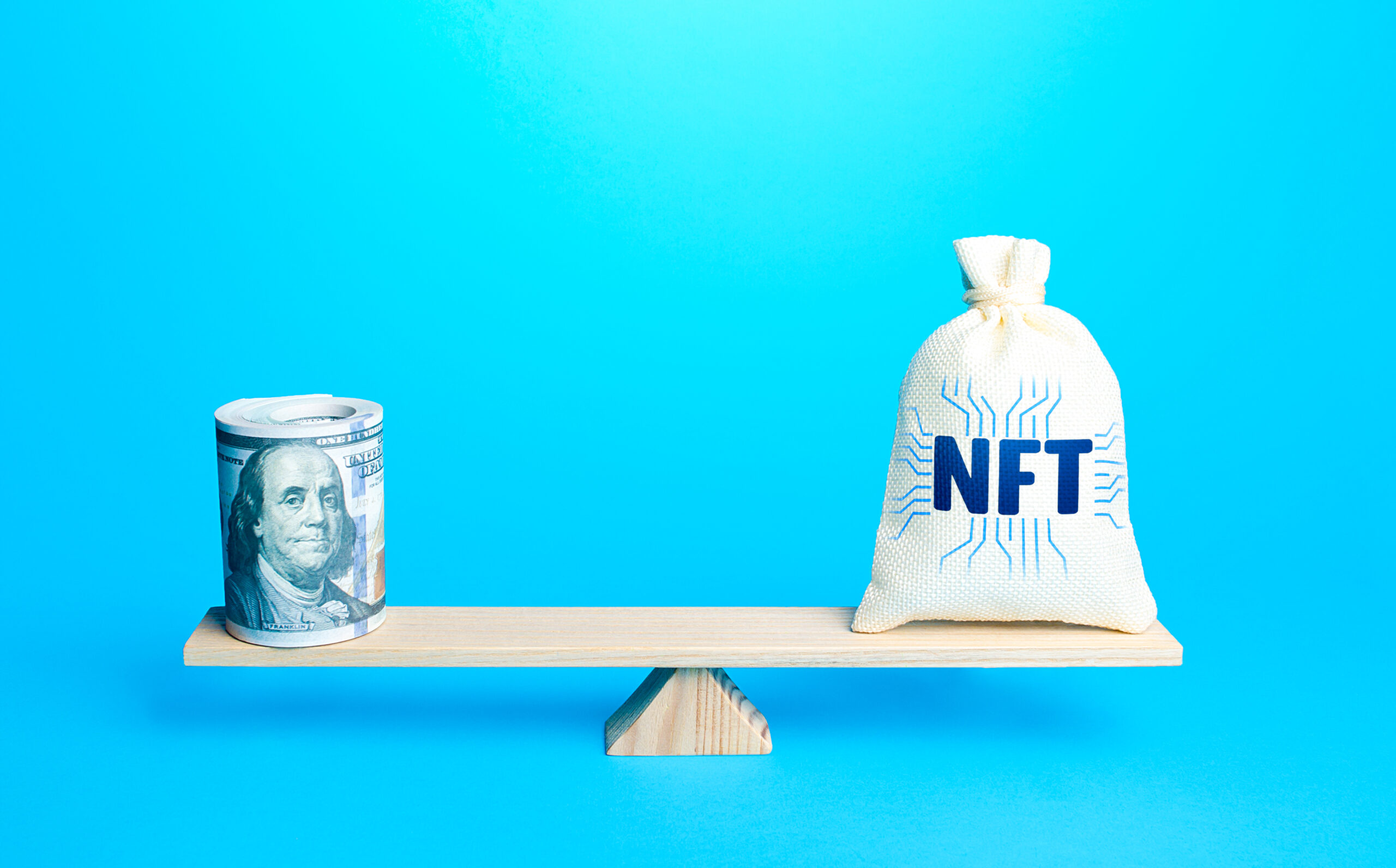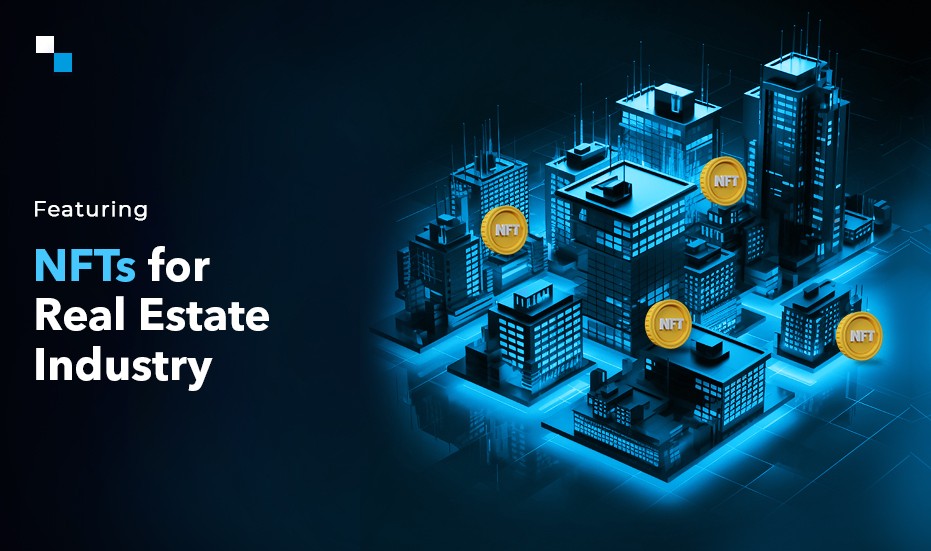El Diario Oficial de la Federación incluyó un decreto para normalizar transacciones vía metaverso, tokens y blockchain.
El 7 de junio del mes que está por terminar, el Diario Oficial de la Federación incluyó un decreto para normalizar transacciones vía metaverso, tokens y blockchain.
Su formalización en México hace que las transacciones digitales en el real estate avancen. Lo anterior es gracias al cambio formal al Código de Procedimientos Civiles y Familiares, donde se contempla en distintos procedimientos, la inclusión de términos digitales, entre ellos la realidad aumentada, la realidad virtual, el metaverso, la realidad híbrida y el uso de tokens y blockchain.El contenido del artículo 2, inciso XXVI especifica del metaverso ser “el espacio virtual que posibilita la convivencia social en mundos digitales a través de experiencias gráficas inmersivas en tercera dimensión, que suele utilizar tecnologías de realidad virtual, realidad aumentada, realidad mixta o híbrida, tokens y cadena de bloques (blockchain)”.
El mismo decreto contempla distintas acciones para el pago de impuestos de las hipotecas a través de dichas herramientas. También considera en el artículo 23 que estos medios permitirán “obtener el pago o prelación del crédito que una hipoteca garantiza o cuando tenga por objeto la división, registro y extinción de ésta, así como su nulidad, cancelación o para obtener el pago o prelación del crédito que la hipoteca garantice”.Su inclusión al decreto es por demás relevante porque permitirá que se abra la inversión a otras instancias, más allá de quienes hoy participan en las transacciones inmobiliarias.Hasta ahora, en la industria existían barreras legales y de montos de inversión, aspectos que pueden ser superados con tecnologías tipo las cadenas de bloques.
En el caso de la tokenización, se abre una alternativa para expandir las opciones de negocios del broker y asesores inmobiliarios.
En el Ebook Tendencias Proptech 2022, se establece que este instrumento abre nuevas oportunidades seguras y flexibles respaldadas en los bienes inmuebles.Mediante la tokenización, un inmueble hace factible crear fracciones de activos digitales que se negocian y comercializan a través de la trazabilidad que garantiza el uso del blockchain.
Por este conducto, se generan tickets de inversión por 10 mil dólares o menos, cifra inviable en el pasado reciente.Así, la tecnología hace factible el ingreso de nuevos jugadores, a través de reglas y mecanismos transparentes que eviten el mal manejo de los recursos. Es, como en algún momento compartimos, la posibilidad de democratizar y expandir las posibilidades de inversión que antes sólo era factible para grandes inversionistas.
No debe ignorarse que en América Latina, la transformación de activos tangibles en tokens abre la puerta al financiamiento de pequeñas y medianas empresas, así como a proyectos de infraestructura.
Se estima que la tokenización dejaría un negocio de hasta 4 mil 400 millones de dólares en los próximos años, de acuerdo con un informe de la firma Capco.
Desde el inicio de su inclusión al mercado, se ha mencionado a la regulación como uno de los mayores desafíos para su operación, por ende, la inclusión en el decreto del Diario Oficial es un avance.
En México, ha sido la Comisión Nacional Bancaria y de Valores (CNBV) la que ha emitido regulaciones para la emisión y negociación de títulos de deuda y acciones en forma de tokens, lo cual abrió la puerta a la creación de soluciones financieras que permiten fraccionar activos en tokens, y su compra-venta entre inversionistas.Igual sucede con el crowdfunding o financiamiento colectivo, una alternativa online que sin la participación de intermediarios financieros como la banca, permite soportar financieramente a pequeños inversionistas vía una plataforma la compra de activos residenciales, oficinas, logísticos, terrenos y de otro tipo. Su operación genera dividendos específicos en el tiempo.
Fuente: https://www.elfinanciero.com.mx/opinion/claudia-olguin/2023/06/29/tokenizacion-inmobiliaria/






